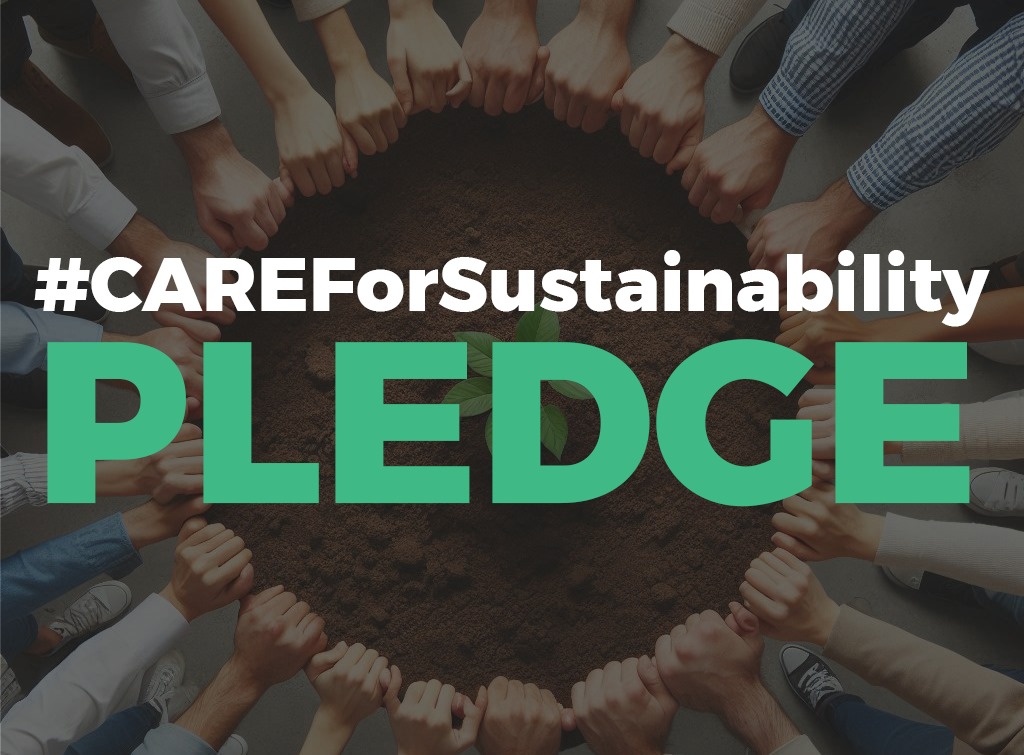Former United Nations Secretary-General Kofi Annan in 2001 once said, “Our biggest challenge in this new century is to take an idea that seems abstract – sustainable development – and turn it into a reality for all the world’s people.”
The world has now come a long way and had Annan been alive to see this, he would have been deeply impressed by the efforts the Middle East and North African region has made in the sustainable development of the region. The past decade has seen the region taking on the issue of climate change as an opportunity to diversify its economies.
The United Arab Emirates has taken up the mantle to drive the region towards a future of long-term sustainability. In alignment with its vision of accelerating the country towards a greener and more sustainable future, the government has launched key initiatives such as the UAE’s Green Agenda 2030, UAE Net Zero 2050, We the UAE 2031 and more.
Opening Opportunities
With growing concerns regarding the adverse effects of climate change, the world is presented with a unique opportunity to accelerate its digital transformation and sustainable development. As per the Market and Market report, the global green technology and sustainability market size is projected to reach US$ 60.7 billion by 2026 and grow at a CAGR of 27.8 per cent. The United Arab Emirates has committed US$ 168 billion towards a net-zero future. By the end of 2022, the Abu Dhabi Development Fund had invested more than US$ 52 billion in key economic sectors in the UAE and other economies.
Such investments have established the UAE as a key player in sustainable development in the region. The focus towards a greener economy ushers in an opportunity for the UAE to take concrete measures to develop a skilled workforce and establish a thriving entrepreneurial ecosystem.
A Step Towards Energy Diversification
To accelerate the adoption of sustainable energy diversification in the region, the UAE is taking significant strides by earmarking US$ 54 billion to accelerate its renewable energy contribution. With an ambition to increase its clean energy share in its energy mix to 30% by 2031, the country is already focused on establishing itself as a key force in the renewable energy sector. As of 2021, the UAE has 77 percent of the region’s renewable energy capacity.
The country is home to one of the largest single-site solar parks in the region, which is a testament to the country’s commitment to its ambitions set as per the UAE Energy Strategy 2050. With an aim to invest AED 600 billion by 2050 to meet its energy consumption and to further its ambition of reducing the carbon footprint by 70 per cent by 2050, the renewable energy sector plays a critical role.
It also opens opportunities for the growth of the renewable energy sector and becomes a key player in the country’s energy market. This presents a unique opportunity for the entrepreneurial ecosystem to play a central figure in the country’s energy transition. Financial institutions are also showing their commitment towards the UAE’s clean energy transition. In 2022, the First Abu Dhabi Bank extended a green credit line to a leading wind turbine manufacturer.
Driving towards a circular economy
While climate change poses a major threat in disrupting economic activities, it also provides an opportunity for the world to redirect its focus towards building a circular economy. The changing consumer behaviour coupled with the pressure of high inflations; businesses are shifting towards more cost-saving opportunities.
The United Arab Emirates is transitioning its economy with a circular approach to propel its sustainable growth. In 2021, the UAE rolled out its UAE Circular Economic Policy which presents a roadmap to help transition towards a greener and cleaner future. One of the key highlights of the policy is its ambition to help the private sector adopt a clean production approach while also reducing the stress on the environment.
As per YouGov research, two out of three residents in the country would consider buying refurbished electronic products. This further shows the changing consumer behaviour in the market and an avenue of growth for enterprises and businesses.
UAE’s Circular Economy Council recently approved 22 policies ranging from the upcycling of textile waste, reusing discarded electronics to create new products and focusing on the use of AI in waste management. With these policies in place, it will not only assist in reducing the country’s carbon footprint but also allow innovators to demonstrate how their products can usher in an era of sustainable growth.
As the world counts down to the COP28 Summit, on the path to the summit, Dubai is all set to host the Future Sustainability Forum. The Future Sustainability Forum, organized by the DIFC, is an outcome-driven platform that aims to convert insights into action. The event brings top global leaders, innovators and policymakers to shape the next chapter in UAE’s sustainable growth journey.
So, what are you waiting for? Get involved in UAE’s most impactful sustainable fintech forum. Book your tickets NOW: https://www.futuresustainabilityforum.com/book-tickets/
